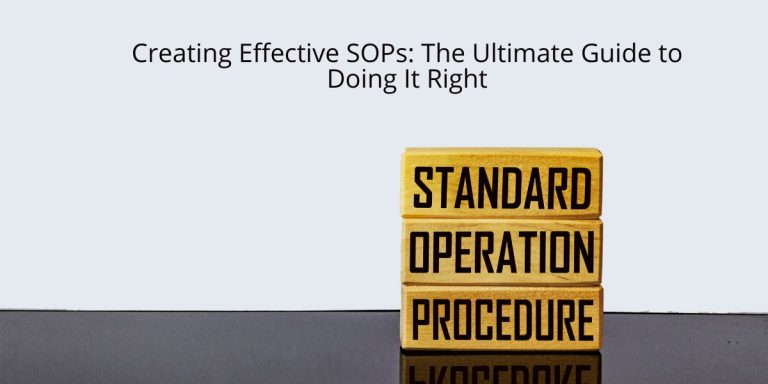What is opportunity cost in economics
Introduction: Define opportunity cost and explain its importance in economics
Opportunity cost is one of the most important concepts in economics. It is the value of the next best alternative that is given up when a decision is made. For example, if a person decides to go to college, the opportunity cost is the money that could have been earned if the person had instead chosen to work. Opportunity cost is important because it helps economists understand how people make decisions.
What is opportunity cost?
Opportunity cost is one of the most fundamental concepts in economics. It is the cost of choosing one alternative over another. In other words, it is what you give up when you make a choice.
For example, imagine you are deciding whether to go to college or work full-time. The opportunity cost of going to college is the money you would have earned if you had worked instead. The opportunity cost of working full-time is the money you would have spent on tuition if you had gone to college.
Another example: Suppose you are deciding whether to buy a new car or save your money. The opportunity cost of buying a new car is the money you could have saved if you had not bought the car.
Opportunity cost can be difficult to measure, but it is always important to consider when making decisions.
The opportunity cost of consumption
Opportunity cost in consumption. It is the cost of using resources for one purpose instead of another. For example, if you spend an hour studying for a test, you can’t use that hour to watch TV. The opportunity cost of watching TV is the hour you spent studying.
Opportunity cost is not just limited to time. It can also be measured in money. For example, if you buy a shirt for $10, the opportunity cost is the $10 you could have spent on something else.
One of the most important things to remember about opportunity cost is that it is always changing. What might be the opportunity cost of watching TV today might be different tomorrow, because something else might become more important to you.
The opportunity cost of investment
In economics, opportunity cost is the cost of any activity measured in terms of the value of the next best alternative forgone. It is a key concept in microeconomics, which deals with economic decision-making by individuals and businesses.
In making any decision, people face costs and benefits. The costs are what must be given up to pursue a particular course of action, while the benefits are the advantages that will be enjoyed if the action is taken. The opportunity cost of an investment is what must be given up to make that investment. It includes not only the money that is invested, but also the time and effort that are put into it.
The opportunity cost of an investment can be negative or positive. A positive opportunity cost means that the benefits of making the investment are greater than the costs. A negative opportunity cost means that the costs are greater than the benefits.
The opportunity cost of entrepreneurship
Opportunity cost is the cost of choosing one option over another. For entrepreneurs, opportunity cost is especially important. They must weigh the costs and benefits of starting their own business against staying employed or working for someone else.
There are many factors to consider when calculating opportunity cost. The most obvious are financial costs, such as investment money or lost wages. But there are also less tangible costs, such as the time and energy spent on a new venture.
Entrepreneurs must also consider the potential benefits of their decision. These include not only financial rewards, but also things like satisfaction, creativity and control over one’s life.
In order to make an informed decision, entrepreneurs need to accurately calculate all of these costs and benefits.

